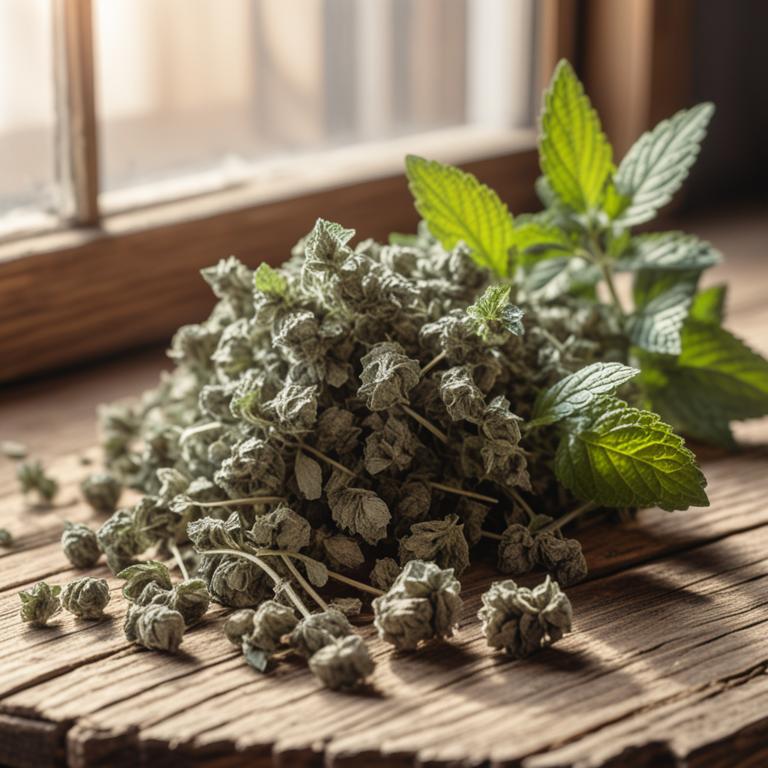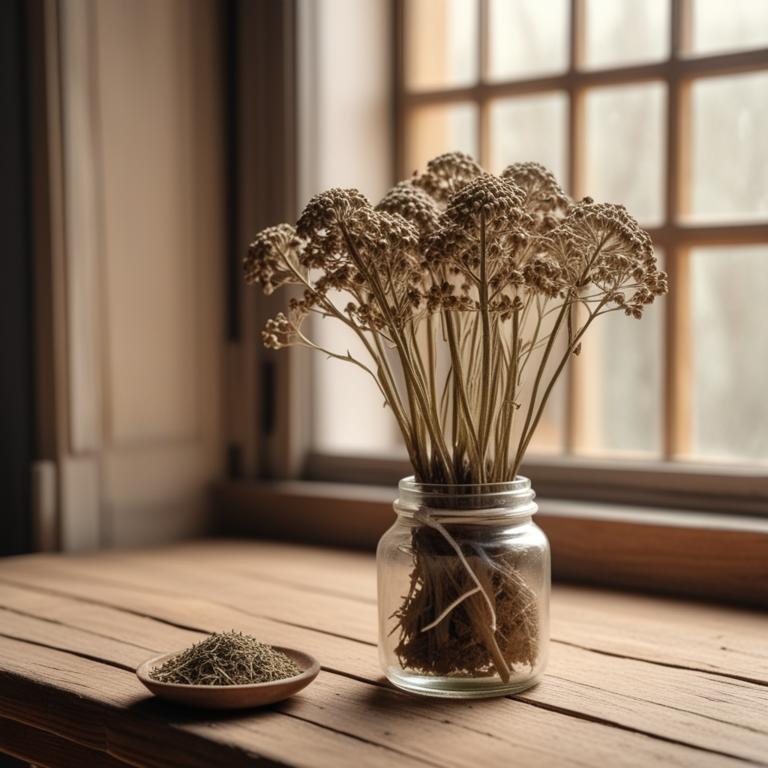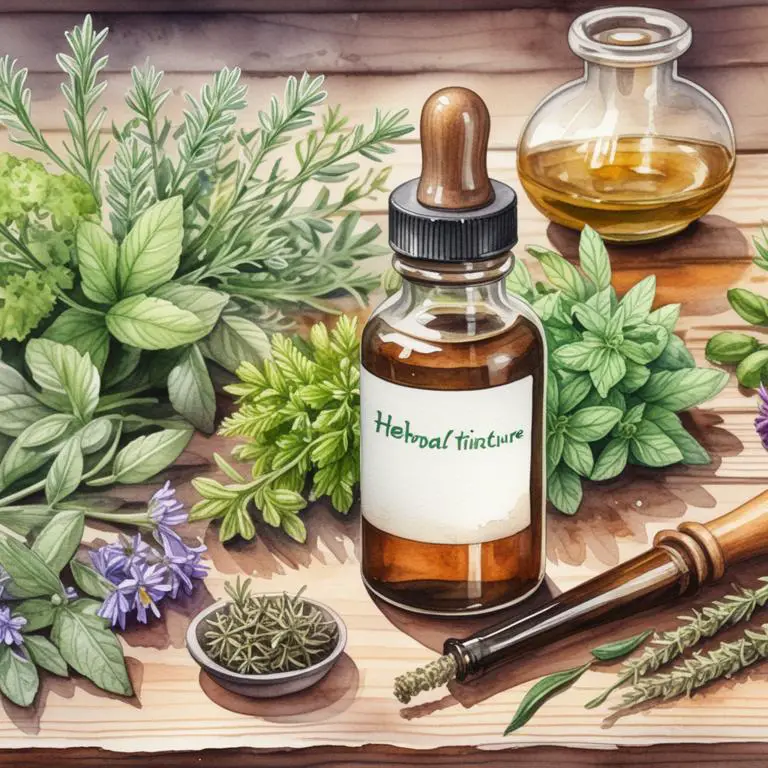Updated: Dec 1, 2024
Speech Difficulty: Harnessing the Power of Medicinal Herbs and Herbal Preparations

Speech difficulty, also known as aphasia, can make everyday tasks like ordering food or having a conversation very challenging.
People with speech difficulty may struggle to find the right words, understand what others are saying, or speak clearly. This can affect their relationships, work, and overall quality of life. Speech difficulty can be caused by a brain injury, stroke, or neurological disorder, such as Parkinson's disease. Herbal remedies may help alleviate some symptoms of speech difficulty. For example, ginseng and gotu kola are believed to improve cognitive function and memory, which can be beneficial for people with speech difficulty.
Another herb, ashwagandha, is thought to reduce stress and anxiety, which can contribute to speech difficulty. Herbs like licorice root and slippery elm may also help soothe the throat and improve vocal cord function. To use these herbs, people with speech difficulty can try drinking teas made from them. For example, ginseng tea is a popular choice for improving cognitive function. Gotu kola tea can be made by steeping the leaves in hot water. Ashwagandha tea is often consumed as a warm drink, made by mixing the herb with milk or water.
Licorice root tea can be made by steeping the root in hot water, while slippery elm tea is typically made by mixing the inner bark with hot water.
Table of Contents
- What are the origins of speech difficulty?
- What advantages do herbs offer for individuals with speech difficulty?
- Which medicinal herbs are effective in alleviating speech difficulty?
- What are the herbal remedies commonly used to treat speech difficulty?
- Which herbs should you steer clear of if you experience speech difficulty?
- FAQ
What are the origins of speech difficulty?
The main causes of speech difficulty are related to problems with the brain and nervous system.
One of the main causes is a stroke, which occurs when a blood vessel in the brain bursts or becomes blocked, cutting off blood flow and oxygen to the brain. This can damage the areas of the brain responsible for speech and language, leading to difficulties speaking, understanding, and finding the right words.
Alzheimer's disease is another cause of speech difficulty, as it is a brain disorder that causes the brain's communication centers to deteriorate, leading to memory loss and difficulty with language and speech. Parkinson's disease is also a cause of speech difficulty, as it affects the nerve cells in the brain that control movement and balance, including the muscles used for speaking.
Finally, ALS (Amyotrophic Lateral Sclerosis) is a disease that affects the nerve cells in the brain and spinal cord, leading to muscle weakness and atrophy, including the muscles used for speech, making it difficult for people with ALS to speak, write, and move.
What advantages do herbs offer for individuals with speech difficulty?
Using certain herbs can be helpful for people who have trouble speaking.
These herbs have been used for a long time to improve communication skills. One of the main benefits is that they can help calm the mind and reduce stress, which can make it easier to speak clearly. They can also improve concentration and focus, allowing people to think more clearly before speaking.
Additionally, some herbs have anti-inflammatory properties, which can help reduce swelling in the throat and make it easier to swallow. This can be especially helpful for people who have trouble speaking due to conditions like a sore throat or a cold. By using these herbs, people may be able to communicate more effectively and build stronger relationships with others. They may also feel more confident and self-assured when speaking in public or in social situations.
As a result, using these herbs can have a positive impact on both physical and emotional well-being.
Which medicinal herbs are effective in alleviating speech difficulty?
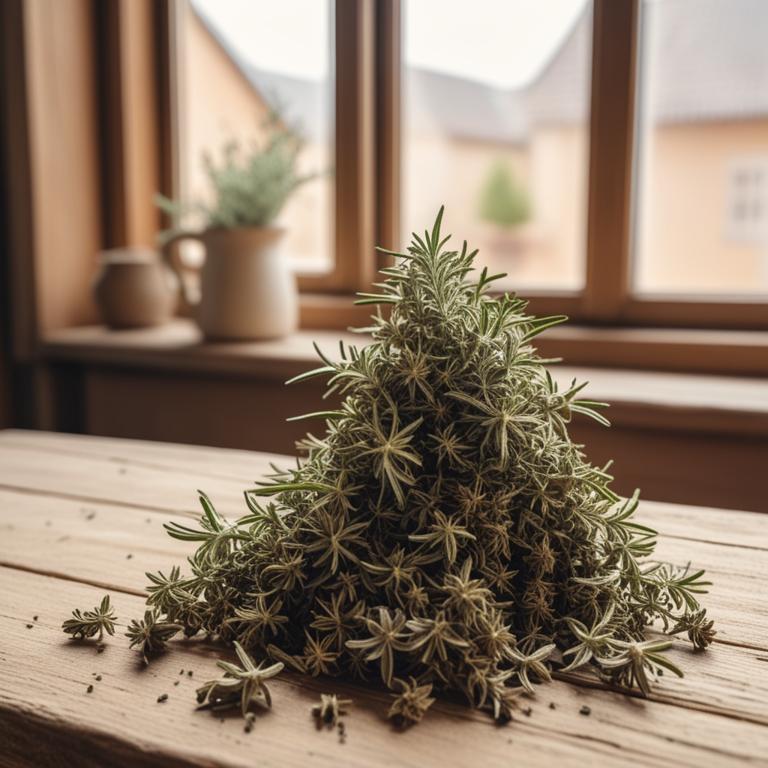
Herbs can be a great help for people with speech difficulty.
Let's take a look at some of them. One herb is Rosmarinus officinalis, or rosemary. It's a memory booster. Studies have shown that rosemary can improve memory and concentration. When people with speech difficulty have better memory and concentration, they're able to speak more clearly and confidently. Another herb is Ginkgo biloba. It's known to improve blood flow to the brain.
Better blood flow means more oxygen and nutrients for the brain, which can help people with speech difficulty to communicate more easily. Thymus vulgaris, or thyme, is an herb that can help with memory and cognitive function. It's also an antibacterial agent, which can help prevent infections that can make speech difficulty worse. Melissa officinalis, or lemon balm, is a calming herb. People with speech difficulty often get anxious and stressed when speaking, which can make it harder to communicate. Lemon balm can help reduce anxiety and promote relaxation, making it easier to speak clearly. Finally, there's Zingiber officinale, or ginger. It's known to reduce inflammation in the body, which can help people with speech difficulty who experience pain or discomfort while speaking.
Ginger can also help with digestion, which can be a problem for people with speech difficulty who have trouble swallowing or eating.
What are the herbal remedies commonly used to treat speech difficulty?

Herbal preparations can be very helpful for people who have speech difficulties.
A decoction is a liquid extract made by boiling herbs in water. This method is good for thick or fibrous herbs that don't release their goodness easily. For example, licorice root can be decocted to help soothe a sore throat and calm the vocal cords. A tincture is a concentrated liquid extract made by mixing herbs with a solvent like alcohol or glycerin. This method is good for people who have trouble swallowing tablets or capsules. Tinctures can be taken directly under the tongue or mixed with water to make a drink. Ginkgo biloba tincture, for instance, can help improve blood flow to the brain, which can aid in speech difficulties caused by stroke or brain injury. An infusion is similar to a decoction, but it's made by steeping herbs in hot water instead of boiling them. This method is good for delicate herbs that can be damaged by heat.
For example, peppermint infusion can help calm the nervous system and reduce anxiety, which can contribute to speech difficulties. Herbal capsules are another way to take herbal preparations. They contain a powder made from dried herbs, which can be easily swallowed. Capsules can be helpful for people who have trouble mixing liquids or have sensitive stomachs. St. John's Wort capsules, for example, can help improve mood and reduce anxiety. Finally, herbal tea is a popular way to take herbal preparations. It's made by steeping herbs in hot water, just like an infusion. Herbal tea can be soothing and calming, making it a great way to relax and reduce stress. Chamomile tea, for instance, can help calm the nervous system and promote a good night's sleep, which is essential for clear speech. These herbal preparations can be a helpful addition to a treatment plan for speech difficulties.
They can be used alone or in combination with other therapies, such as speech therapy or medication, to promote healing and recovery.
Additional Resources:
Which herbs should you steer clear of if you experience speech difficulty?
If you have trouble speaking, it's best to avoid certain herbs.
Valeriana officinalis, also known as valerian root, can cause drowsiness and make it harder to speak clearly. Aconitum carmichaelii, a type of monk's hood, and Aconitum napellus, another monk's hood, can be very toxic and affect the nervous system, making speech difficult.
Ephedra sinica, or Chinese ephedra, contains a stimulant that can increase heart rate and cause nervousness, making it hard to speak smoothly. Taxus baccata, the English yew, also contains toxic compounds that can affect the nervous system.
These herbs can make it harder to find the right words or speak clearly, so it's a good idea to talk to a doctor before using them if you have trouble speaking.
FAQ
Are there any specific herbs that can prevent speech difficulty?
Some herbs may help with speech difficulties.
For example, ginkgo biloba is known to improve blood flow to the brain, which can enhance communication skills. Another herb, ashwagandha, has been used to reduce anxiety and stress, which can sometimes cause speech problems.
These herbs may have a positive effect, but more research is needed.
Is it safe to use herbal remedies for speech difficulty during pregnancy?
It's not clear if herbal remedies are safe for speech difficulty during pregnancy.
Some herbs may affect the baby's development or cause complications. Pregnant women should be cautious when using herbal remedies, as they may interact with other substances or worsen health conditions.
More research is needed to understand their effects.
Are there any herbs that can reduce the frequency of speech difficulty?
Research suggests that certain herbs may help reduce the frequency of speech difficulty.
For example, ginkgo biloba may improve blood flow to the brain, which can aid in communication.
Other herbs like ashwagandha and rhodiola may help reduce stress and anxiety that can contribute to speech difficulties.
Can i combine different herbal remedies for speech difficulty?
Combining herbal remedies for speech difficulty can be a bit tricky.
Some herbs, like ginkgo biloba and ashwagandha, may work together to boost memory and clarity. However, others, like valerian root and kava, can be quite strong and may interact in ways you don't want.
It's best to start with small doses and see how your body reacts.
Related Articles
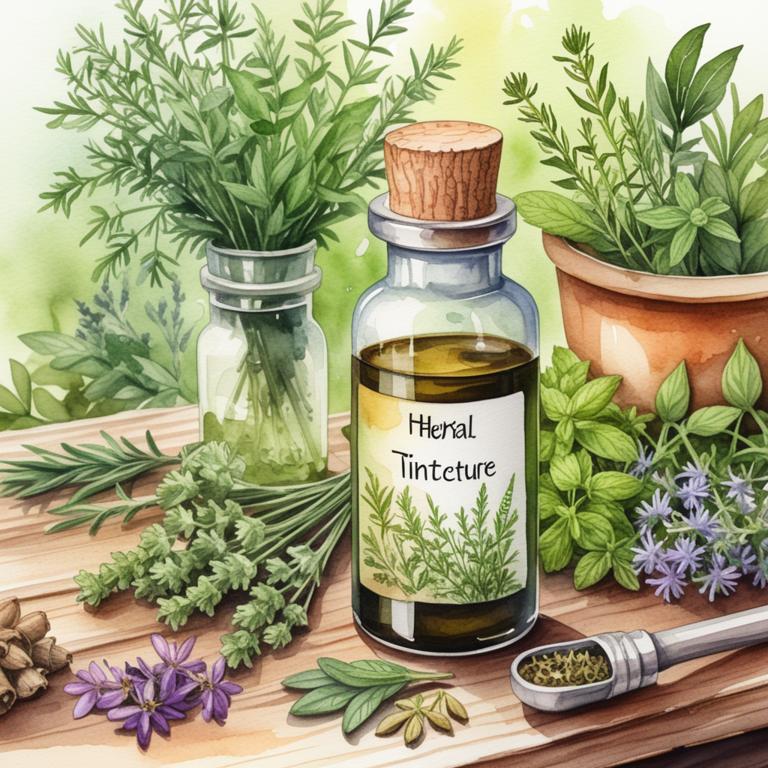
Restless Leg Syndrome: Understanding the Causes and Using Herbal Preparations

Motion Sickness Causes and Medicinal Herbs for Relief

Natural Remedies for Sleep Deprivation: Causes, Medicinal Herbs, and Herbal Preparations

Overcoming Numbness in Hands with Medicinal Herbs and Herbal Preparations
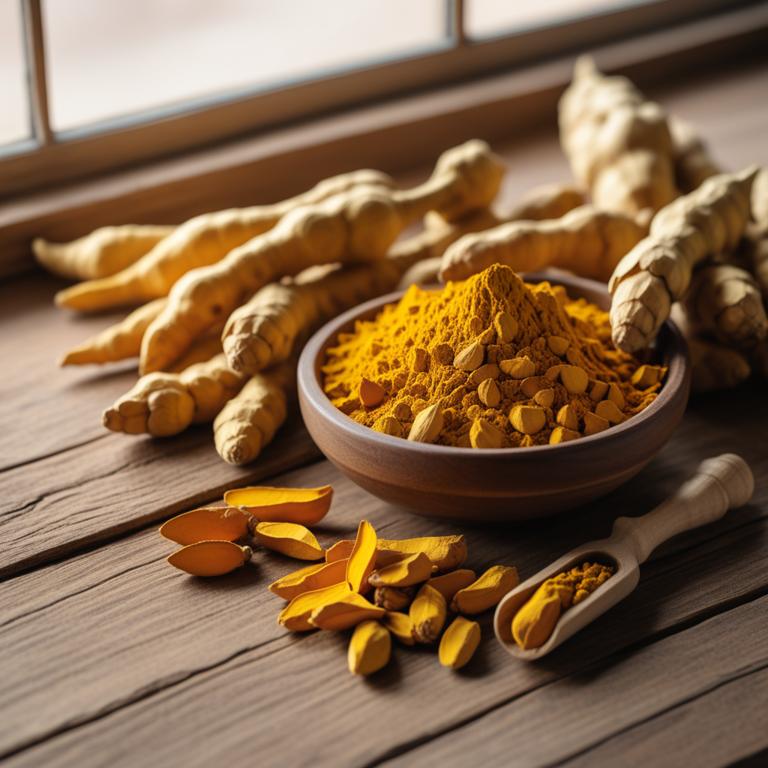
The Role of Medicinal Herbs and Herbal Preparations in Enhancing Postoperative Recovery
